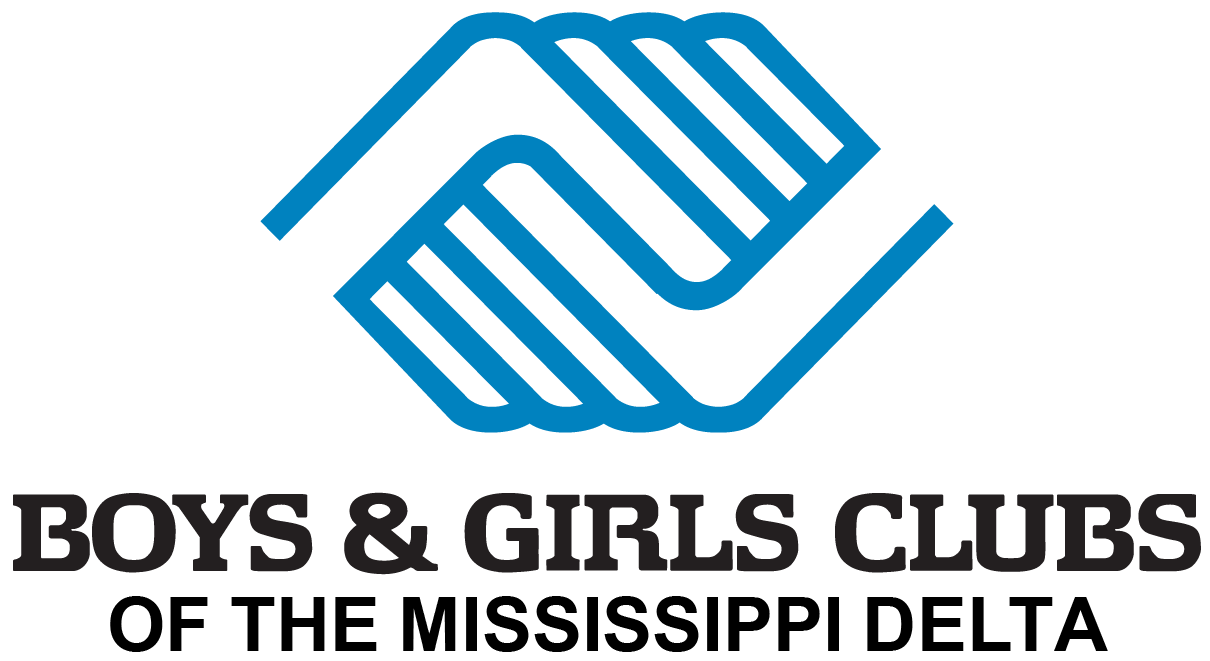What Is Diversity, Equity, and Inclusion (DEI)?
As civil rights concerns have risen to the fore of social consciousness in recent years, the term “diversity, equity, and inclusion” (DEI) has become more and more frequently used. However, there can often be confusion about what this term means and what it looks like. So how do we define diversity, equity, and inclusion?
Diversity
Understanding and promoting diversity is the first step in creating diversity, equity, and inclusion. Simply put, diversity is defined as the presence and representation of people of differing races, religions, ages, abilities, genders, sexual orientations, ethnicities, languages, nationalities, political parties, socioeconomic groups, and other characteristics that inform an individual’s worldview and experiences.
It is impossible to comprehend or foster equity and inclusion without diversity. People from every kind of demographic must be represented in any given arena of society (politics, sports, higher education, art, technology, etc.) in order for their perspectives to be recognized, understood, and taken into account in making policy decisions. Such decisions are more just and effective when they are informed by more perspectives.
Equity
Equity is the next step toward implementing DEI. When diverse groups are adequately represented and able to voice their concerns, decision-makers can better understand the causes and results of injustice in any given arena. That knowledge can guide them in taking effective equitable actions to correct them.
Equity is the act or process of implementing justice and the fair distribution of resources across programs and systems. It takes into account the historical disadvantages some groups have experienced and attempts to compensate for them in ways that produce equal results for everyone. This is different from the concept of equality, which means that everyone is treated in the same way without regard for their individual needs or disadvantages. Equality doesn’t account for the fact that those disadvantages lead to unequal results.
Inclusion
Just as diversity is needed in order to achieve equity, so equity must be in place before inclusion can be achieved. Inclusion is a state in which all groups of people have equal access to beneficial programs, systems, and power, and people don’t feel discouraged from accessing those things because of their personal characteristics. For example, you would be less likely to join a club in which you felt unwelcome or alone than one in which you felt accepted and fit in with others, even if there were more benefits to being a member of the first club.
When everyone feels welcome and uninhibited, it’s easier for diverse groups to access systemic resources. This is the point at which diversity, equity, and inclusion have theoretically been achieved, although in reality, this is typically an ongoing process with milestones and setbacks.
The Boys & Girls Clubs of the Mississippi Delta aim to serve the children in our communities, especially in ways that promote diversity, equity, and inclusion. The Special Olympics of Mississippi has partnered with several clubs within the Boys & Girls Clubs of the Mississippi Delta network to create Unified Teams with both Boys & Girls Clubs members and exceptional athletes.
The teams practice at the local club under the direction of select coaches and all athletes register as club members, enabling them to take part in all club activities. This fully inclusive program has helped to enrich the lives of members, athletes, and club communities. Find out how you can get involved with our organization by signing your child up for a club or afterschool program, making a donation, or volunteering to help our cause today!
